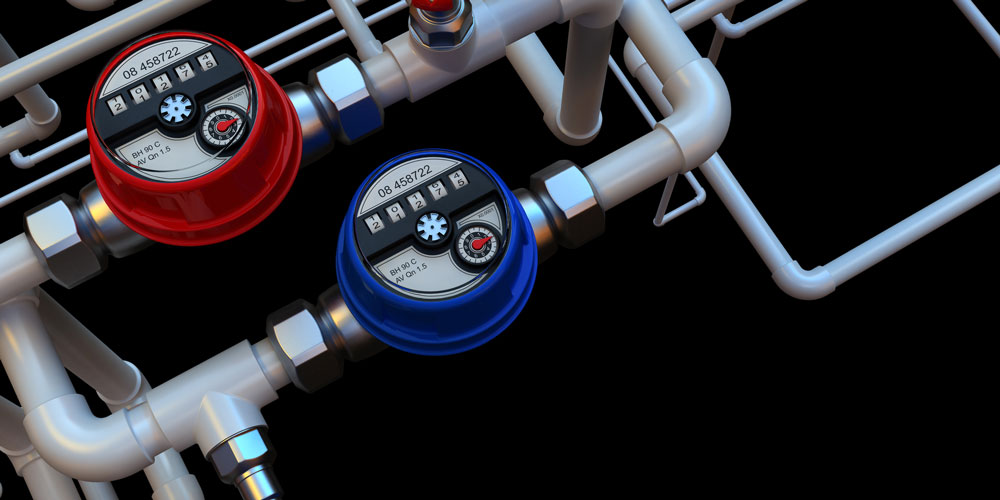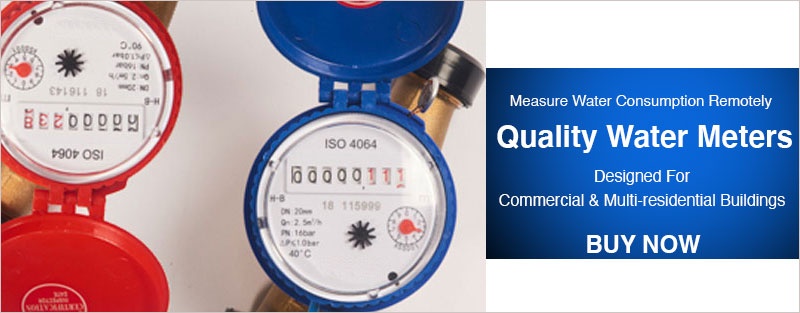Water meters are being increasingly used on a growing number of industrial premises, commercial and residential premises. They allow energy companies, water suppliers, and governments look for new ways to prevent water wastage and protect the environment; However not all the water meters are the same.
What is a Water Meter and How Does It Work?
Just like an energy meter, which reports how much electricity has been consumed, a water meter measures the volume of water consumed through the meter. Water meters track water consumption and provide detailed information on the amount of water used in a given period. A Smart Water Metering System allows property owners and property managers to charge individual occupants based on the water meter readings at their respective unit. Traditionally, water bills were determined based on the size of the building or house and the number of occupants. The smart water meter system replaces estimated values and helps set correct payment amounts.
As for the types of water meters available today, there are single and multi-jet and ultrasonic hot and cold domestic water meters. Water supply companies select the best type of meter required for your premises. On the other hand, if you're looking to install one yourself, your meter supplier can help you select the most suitable meter that fits your needs.
Differences between Hot and Cold Water Meters
Hot water meters are designed to meter the consumption of domestic hot water, while cold water meters measure the consumption of cold water in a building. Some properties are also fitted with hot water meters, which can also be employed in industrial environments.
Domestic cold water meters, are designed and built to measure the consumption of water at temperatures of up to 30 degrees Celsius. On the other hand, hot water meters measure the usage of water at temperatures that range between 60 and 90 degrees Celsius. That is because most plumbing codes limit the Domestic Hot Water Temperature to 120°F (49°C).
Submetering your water distribution helps to bring your water bills down and decrease water consumption. While many property owners allocate the water consumption according to the size of the property and the number of occupants living there. Water sub-metering can be beneficial for both domestic and commercial property owners, landlords, managers, and operators. This also applies when there is centralized hot water service in the building, in these cases it is important to make sure that the meters installed satisfy all the regulations, technical requirements and local standards.


